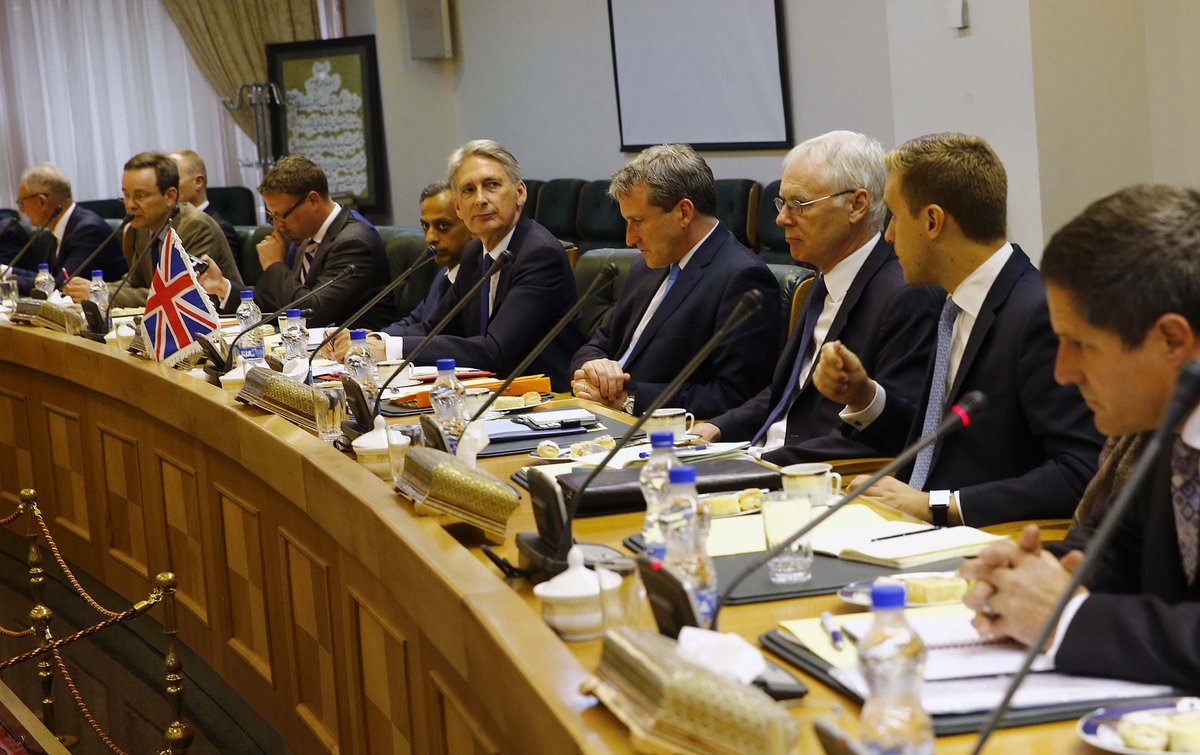DEPARTMENT OF HEALTH AND HUMAN SERVICES ADMINISTRATION FOR CHILDREN AND FAMILIES REFUGEE AND ENTRANT ASSISTANCE report is full of the budget numbers. You have no concept of what bad law and policy has cost the American taxpayers. Imagine these decades of dollars as well as grants, USAID, the Merida Initiative, State Department programs, military assistance and the Millennium Challenge dollars added in, we effectively own these countries.
Unaccompanied Alien Children: An Overview
Summary
In FY2014, the number of unaccompanied alien children (UAC, unaccompanied children) that were apprehended at the Southwest border while attempting to enter the United States without authorization increased sharply, straining the system put in place over the past decade to handle such cases. Prior to FY2014, UAC apprehensions were steadily increasing. For example, in FY2011, the Border Patrol apprehended 16,067 unaccompanied children at the Southwest border whereas in FY2014 more than 68,500 unaccompanied children were apprehended. In the first 8 months of FY2015, UAC apprehensions numbered 22,869, down 49% from the same period in FY2014.
UAC are defined in statute as children who lack lawful immigration status in the United States, who are under the age of 18, and who either are without a parent or legal guardian in the United States or without a parent or legal guardian in the United States who is available to provide care and physical custody. Two statutes and a legal settlement directly affect U.S. policy for the treatment and administrative processing of UAC: the Trafficking Victims Protection Reauthorization Act of 2008 (P.L. 110-457); the Homeland Security Act of 2002 (P.L. 107-296); and the Flores Settlement Agreement of 1997.
Several agencies in the Department of Homeland Security (DHS) and the Department of Health and Human Services’ (HHS’s) Office of Refugee Resettlement (ORR) share responsibility for the processing, treatment, and placement of UAC. DHS Customs and Border Protection (CBP) apprehends and detains unaccompanied children arrested at the border while Immigration and Customs Enforcement (ICE) handles custody transfer and repatriation responsibilities. ICE also apprehends UAC in the interior of the country and represents the government in removal proceedings. HHS coordinates and implements the care and placement of unaccompanied children in appropriate custody.
Foreign nationals from El Salvador, Guatemala, Honduras, and Mexico accounted for almost all UAC cases in recent years, especially in FY2014. In FY2009, when the number of UAC apprehended at the Southwest border was 19,688, foreign nationals from Mexico accounted for 82% of all UAC apprehensions at the Southwest border and the three Central American countries accounted for 17% of these apprehensions. In FY2014, the proportions had almost reversed, with Mexican UAC comprising only 23% of UAC apprehensions and unaccompanied children from the three Central American countries comprising 77%.
To address the crisis, the Administration developed a working group to coordinate the efforts of federal agencies involved. It also opened additional shelters and holding facilities to accommodate the large number of UAC apprehended at the border. In June 2014, the Administration announced plans to provide funding to the affected Central American countries for a variety of programs and security-related initiatives; and in July, the Administration requested $3.7 billion in supplemental appropriations for FY2014 to address the crisis. Congress debated the supplemental appropriations but did not pass such legislation.
For FY2015, Congress appropriated nearly $1.6 billion for the Refugee and Entrant Assistance Programs in ORR, the majority of which is directed toward the UAC program (P.L. 113-235). For DHS agencies, Congress appropriated $3.4 billion for detection, enforcement, and removal operations, including for the transport of unaccompanied children for CBP. The Department of Homeland Security Appropriations Act, FY2015 (P.L. 114-4) also permits the Secretary of Homeland Security to reprogram funds within CBP and ICE and transfer such funds into the two agencies’ “Salaries and Expenses” accounts for the care and transportation of unaccompanied children. P.L. 114-4 also allows for several DHS grants awarded to states along the Southwest border to be used by recipients for costs or reimbursement of costs related to providing humanitarian relief to unaccompanied children.
Congressional activity on two pieces of legislation in the 114th Congress (H.R. 1153 and H.R. 1149) would make changes to current UAC policy, including amending the definition of UAC, altering current law on the treatment of unaccompanied children from contiguous countries, and amending several asylum provisions that would alter how unaccompanied children who assert an asylum claim are processed, among other things. Several other bills have been introduced without seeing legislative activity (H.R. 191/S. 129, H.R. 1700, H.R. 2491, and S. 44). The full report is here.


